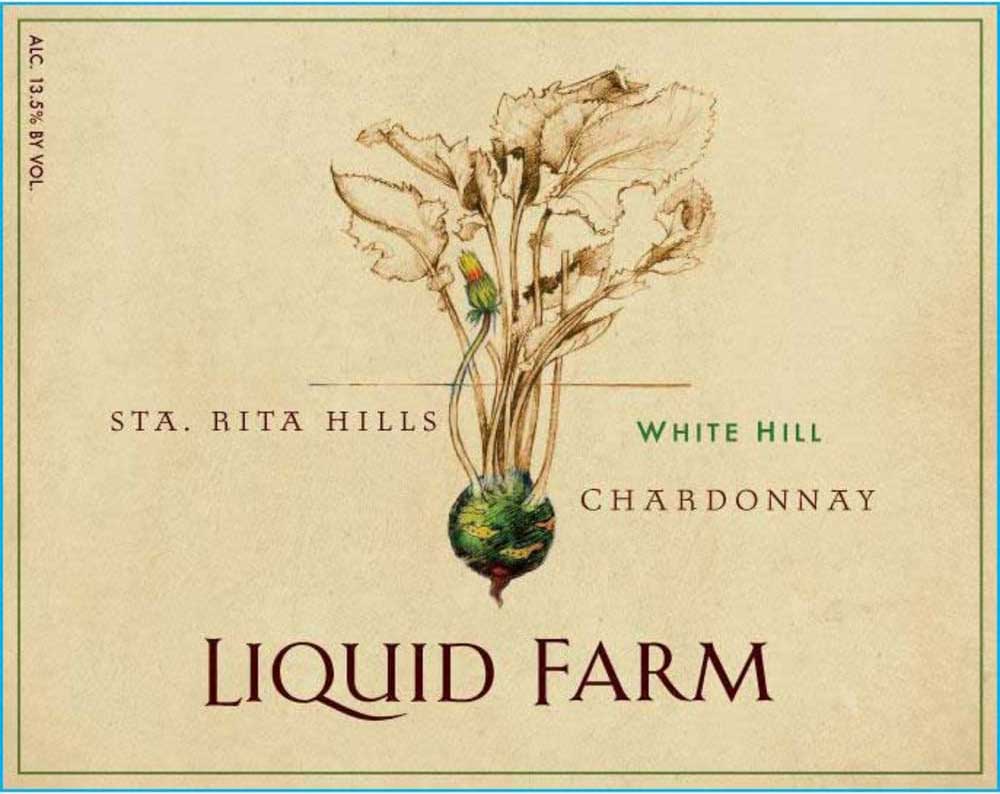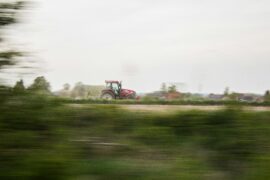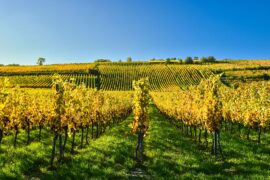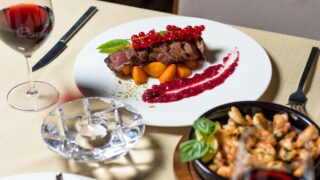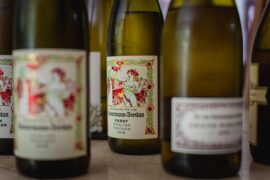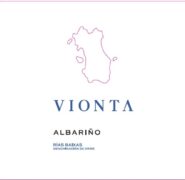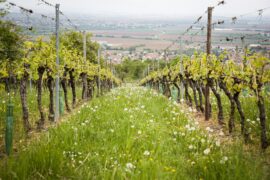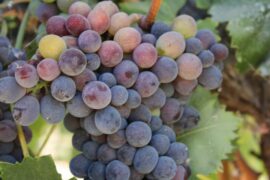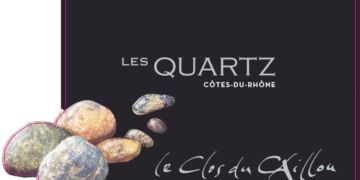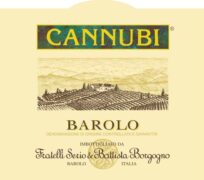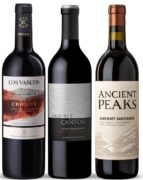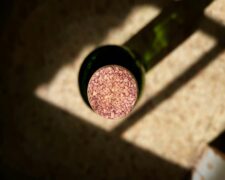Biodynamic wine production is based on the teachings of philosopher Rudolf Steiner, employing eight natural preparations believed to enhance the vitality of the wines.
What is Biodynamic Wine?
Biodynamic farming is rooted in anthroposophy, a spiritual philosophy developed by Rudolf Steiner (1861–1925). It views the entire vineyard as a living organism and promotes the concept of the vineyard functioning as a self-sustaining ecosystem. This holistic approach treats the vineyard as an interconnected environment where all elements work together in harmony.
The Eight Preparations
Producers of biodynamic wine use eight specific natural preparations in the vineyard. Two key ingredients are silica and humus from cow manure, which are prepared in cow horns before being applied to the wines. According to biodynamic principles, these preparations help enhance the soil’s vitality and protect the wines from threats such as fungal diseases.
Astrological Influences
Astrology also plays a role in biodynamic wine production. For example, certain vineyard activities, like spraying the wines with natural preparations, are timed based on the moon’s position to achieve the best possible outcomes.
Finding Biodynamic Wines
Biodynamic wines can be certified and carry the Demeter label, a certification for biodynamic agriculture. Since they meet the standards for organic farming, they are also labeled as organic in stores like Systembolaget, Sweden’s state-run alcohol retailer.



